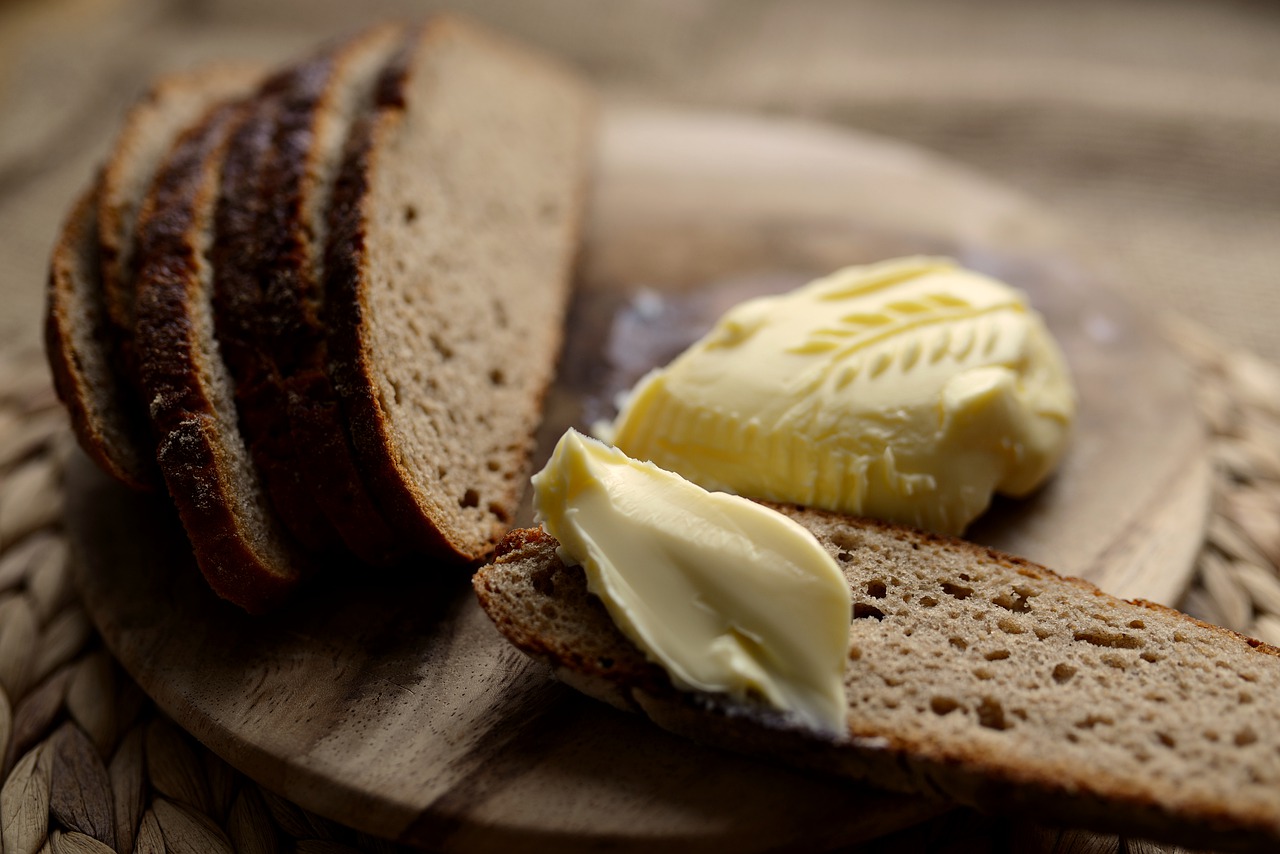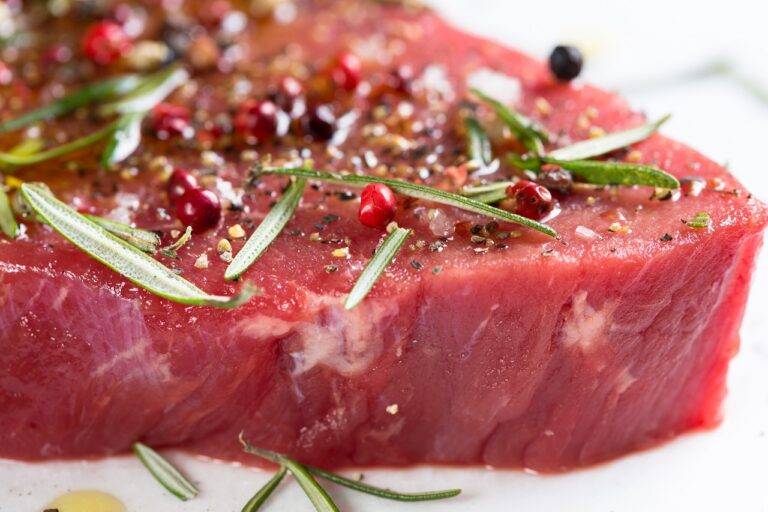The Impact of Food Advertising on Body Image and Eating Disorders
Societal beauty ideals often portrayed in the media play a significant role in shaping individuals’ perceptions of their own bodies. Images of thinness, muscularity, and flawless skin bombard us daily, creating an unrealistic standard that many feel pressured to attain. These narrow definitions of beauty can lead to feelings of inadequacy and low self-esteem, contributing to negative body image.
Moreover, cultural influences, such as family dynamics and peer interactions, can also impact how individuals view themselves. Comments about weight, shape, or appearance from loved ones or friends can deepen insecurities and fuel self-criticism. Comparing oneself to others, whether in person or through social media, can further exacerbate feelings of dissatisfaction with one’s body.
The role of social media in perpetuating unrealistic body standards
With the widespread use of social media platforms, there has been a noticeable increase in the portrayal of unattainable body standards. Users are bombarded with carefully curated images of flawless individuals, often edited or filtered to perfection. These unrealistic representations create a comparison culture where individuals feel inadequate or dissatisfied with their own appearance.
Moreover, social media influencers and celebrities frequently promote products or lifestyles that are linked to achieving a certain body image. This endorsement of specific beauty ideals can lead to feelings of inadequacy and a desire to conform to societal norms. The constant exposure to these unrealistic beauty standards can have detrimental effects on individuals’ self-esteem and body image perception.
What are some factors contributing to negative body image?
Some factors contributing to negative body image include societal pressure, media portrayals of beauty, and comparison to unrealistic standards.
How does social media play a role in perpetuating unrealistic body standards?
Social media platforms often showcase idealized and edited images of bodies, leading to comparison and feelings of inadequacy among users.
Can social media have a positive impact on body image?
While social media can perpetuate unrealistic body standards, it can also be a platform for body positivity movements and self-acceptance campaigns.
What can individuals do to combat the negative effects of social media on body image?
Individuals can curate their social media feed to follow accounts that promote body positivity, limit their time on social media, and focus on self-care and self-acceptance.
Are there any specific social media platforms that are more detrimental to body image than others?
Platforms like Instagram, which heavily rely on visual content and highlight edited images of bodies, can be particularly damaging to body image compared to platforms that focus more on written content.





